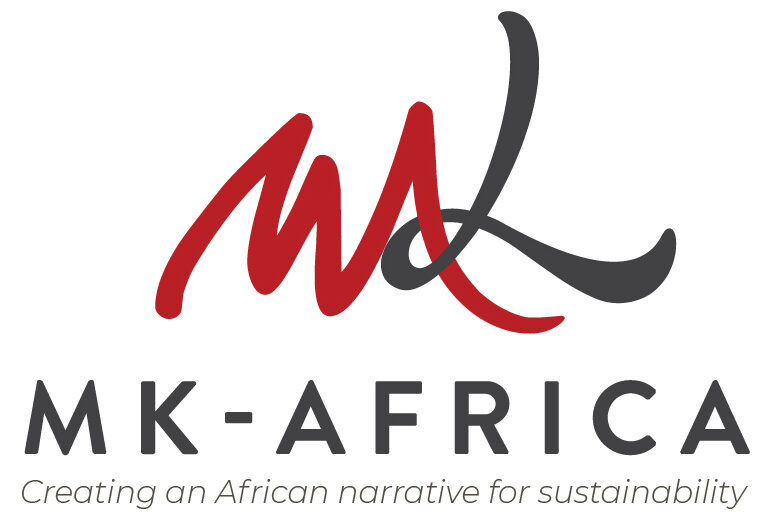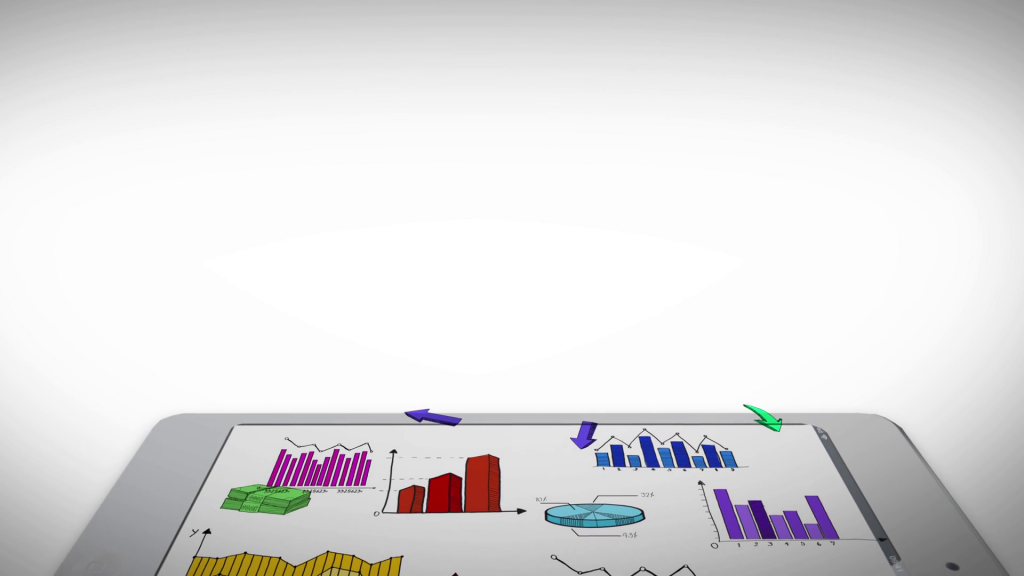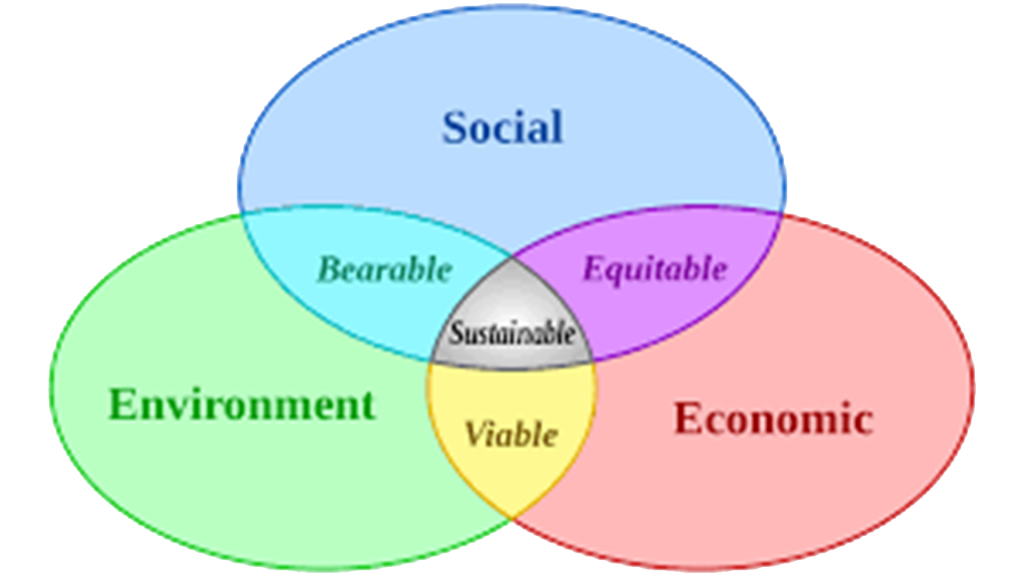Another interesting session was the UNCTAD14 parallel session on Sustainable and responsible investment at Riara University. The thought-provoking discussions began with the School of Business Dean Prof. Abel Kinoti setting the agenda for moving from decisions to actions on the Sustainable Development Goals (SDGs).
Next up was Dr. Maria Alenjadra-Peres, a professor at Universidad in Colombia who spoke about moving from local to global and now a universal agenda. The SDGs are an evolution from Corporate Social Responsibility to Sustainability and from voluntary to mandatory actions by businesses. It was interesting to learn the SDGs have a history in Colombia. Paula Caballero, Senior Director, Environment, at the World Bank created the first drafts of the SDGs while Director for Economic, Social and Environmental Affairs in the Ministry of Foreign Affairs of Colombia, and continued to be a key proponent and negotiator in the run-up to the adoption of the post-2015 framework in September 2015.
Dr. Peres illustrated how her country is using the implementation of the SDGs as an opportunity to change Colombia’s image. Dr. Bitange Ndemo, a former Cabinet Secretary in the Kenyan government and a lecturer from the University of Nairobi took up this theme when he challenged Africa to leverage on the SDGs as a channel for growth. He stated that world trade agreements have increased international business exponentially and while Africa has signed on to many of these agreements, the continent continues to lack trade finance. The unmet demand for financing trade in Africa stands at $120 billion, according to the African Development Bank’s 2015 report. This problem largely affects Micro, Small and Medium Enterprises (MSMEs) whose credit requests are often rejected by banks.
According to the World Trade Organization’s (WTO) 2015 report, the main reasons for rejection of trade finance requests are the usual lack of creditworthiness or history, the insufficient limits granted by endorsing banks to local African issuing banks, the small size of the balance sheets (and capital) of African banks and insufficient US dollar liquidity.
Dr. Ndemo urged African companies to build the capacity and standardization of their products and services. This in turn will lead to access to the trade finance which businesses need for scalability. As a continent, we need to get started somewhere on the journey to industrialization – even if it means building a car that has 3 wheels.
Other speakers at the event included Dr. Sekai Nzeza, the Managing Director of Amatheon Agri who gave a moving account of the impact her company has in various African countries. She emphasized that whilst it is difficult to measure impact from donations; it is however possible with investments. This message was reiterated by Dr. Tomas Hult from Michigan State University who urged companies to pay heed to the growing demands for sustainable products and services of the global consumer.
All in all, it was a very challenging session and time well spent. In my mind, the question that we must all ask ourselves is whilst climate change and social inequality have a significant impact on global business, can companies be relied upon to do what is right? I think the answer lies in that companies are run by human beings; who will inherently do nothing about a situation unless they are compelled to.
The world will not be destroyed by those who do evil but by those who watch them and do nothing – Albert Einstein
The people who need to benefit from these conferences rarely get to know how to exploit opportunities that arise from the discussions. The problem lies in communication, which not only typifies such high-level conferences but also sustainability issues in general.
It’s a great master class in the way in which marketers really need to focus on keeping their messages about sustainability simple, emotionally engaging, visual, and fun. One of Thomas’ key themes throughout his talk is the fact that people nowadays are reporting a higher degree of perceived “complexity” in their lives compared with fifteen years ago. There is therefore an opportunity for brands to develop sustainable solutions that contribute to simplifying people’s lives and doing good at the same time.
Sustainability practitioners themselves really need to develop and commit themselves to understand the systems view of life at a very profound level. This will then develop the inspiration to develop a new generation of stories and narratives which have the ability to convey a message simply while losing none of the complexity, since what is a story but a narrative which helps us to understand the complex relationships between its players?
It is certainly important to first understand your own message and then think about how it can be simplified in order that it’s meaning be understood, absorbed, and accepted. But campaigns do not exist in vacuums, and messages which come from a place of authenticity have to compete with messages which are disreputable, dishonest, and corrupt.
We have to master the art of learning first how to recognize and then frame and communicate systemic issues in a manner which are also able to combat other messages which are simplistic and dishonest and which utilize narratives appealing to direct causation. This is the hard problem of sustainability and I really applaud Thomas’ dedication to helping brands around the world hone and fine-tune their messaging so the real truth of their purpose does not get lost in the noise of politics, competition, and marketing which only values growth and profit above all else. With 230 indicators in the SDGs, companies need to be cognizant of their values in setting their priorities.



